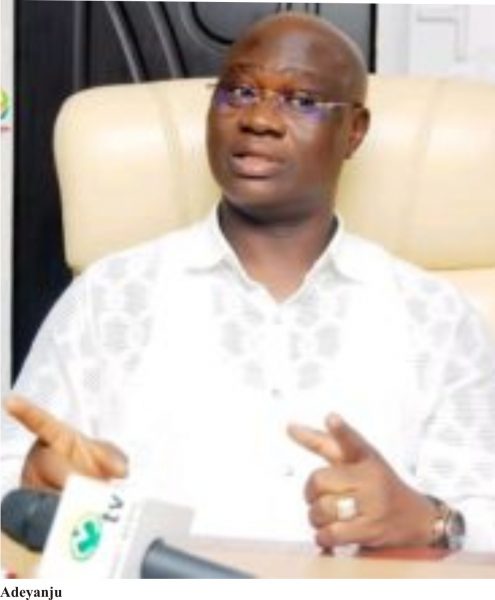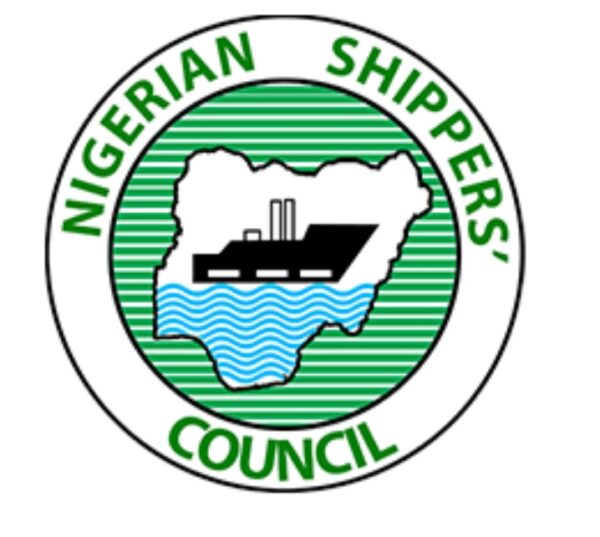Stop port terminals de-categorisation, Intels urges court
Intels Nigeria Limited has raised objection to the de – categorisation of port terminals by Nigerian Ports Authority because it is not in the nation ’ s best interest , as it will result in huge revenue loss to the Federal Government .
In his witness statement on oath filed at the Federal High Court Abuja in a case instituted by the company against the NPA and four others , a senior legal manager of Intels Nigeria Limited , Mr. Dominic Onwuchekwa, stated that the proposed de -categorisation of the terminals would not only jeopardise the prospect of the plaintiff recovering its investments under the concession agreement signed with the Federal Government , but that it would also undermine the commitments made to its lenders .
“ In addition , the de – categorisation will lead to a situation whereby all terminals will charge the lower fee of $ 1 .2 per tonne (even for oil and gas cargoes for which $ 5 .83 per tonne should be paid) in order to attract patronage from port users ; but on the other hand, short – changing the government itself and the people of Nigeria ,” Onwuchekwa stated .
He averred that in discharging its obligations in accordance with the terms and conditions of the various lease agreements , including the concession , with the Federal Government , Intels expended huge sums of money in upgrading port facilities and building infrastructure , as well as developing specialised oil and gas designated terminals based on the need and requirements of the oil and gas industry worldwide .
“ Conservatively, the plaintiff has , thus far, expended over $ 2 bn out of its own resources without amortisation in various projects , and has budgeted an additional $ 5 bn in phased port terminals ’ development and infrastructural renewal, ” he stated .
He said the huge investment by Intels in five concessional port terminals across the country was made in response to the Federal Government ’s quest and demand for investment in port infrastructure development in Nigeria .
“ In addition to the above , the plaintiff had also expended these huge expenses because it had entered into and executed five lease agreements on the conceded port terminals , whose lifespan were 25 years with option of renewal for a further term on each terminal ,” Onwuchekwa stated .
He said Intels ’ investment in the terminals was “ based on the assurances and comforts from the 1 st – 5 th defendants , especially the 3 rd defendant ’s (NPA ) categorisation of ports and terminals , stating that the company “was persuaded into financing huge capital intensive projects for the benefits of the 1 st- 5 th defendants and the people of Nigeria . ”








